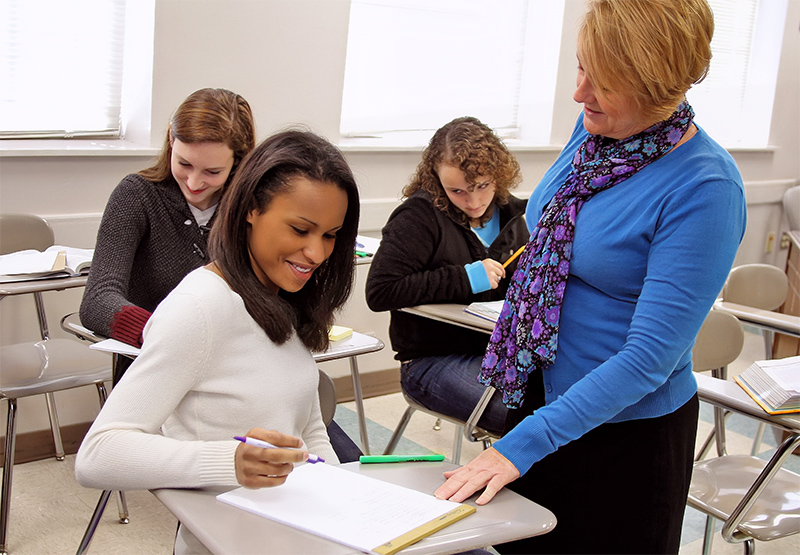Executive Functions (Part 1): Understanding Why Some Students Struggle
Wrap Up
 Many struggling students, like Erin and Kyra, have difficulty with executive functions, the mental processes that control and coordinate activities related to learning. To help these students succeed academically, teachers need to explicitly teach them when, where, and how to use effective study strategies, or study skills. Study skills strategies can help improve academic outcomes for students with deficits in executive function processes related to learning, such as:
Many struggling students, like Erin and Kyra, have difficulty with executive functions, the mental processes that control and coordinate activities related to learning. To help these students succeed academically, teachers need to explicitly teach them when, where, and how to use effective study strategies, or study skills. Study skills strategies can help improve academic outcomes for students with deficits in executive function processes related to learning, such as:
- Processing information
- Retaining and recalling information
- Organizing materials and managing time
- Selecting, monitoring, and using strategies
Although effective study skills strategies are critical for students’ academic success, teachers seldom teach such strategies, especially in the upper grades. Even when they do, they tend to present the strategy and then move on to the next topic or strategy. Unfortunately, many students have experiences similar to that of Erin.

We kind of learned it, and then moved on…. [If] they taught us like a note taking strategy or something like that, they might have us take notes that way for the day, but it wasn’t really something that they gave us time to practice. They just showed it to us, and then let us do what we would with it.” — Erin
To make sure that students not only learn a strategy but also that they learn to use it in an automatic or fluent manner, teachers should use effective strategy instruction. To do so, teachers need to make sure the strategy instruction model incorporates the components in the table below.
| Critical Components of Effective Strategy Instruction | |
|---|---|
|
|
Also when they teach study skills strategies, teachers must consider how to motivate and engage students who have experienced years of academic failure and, as a result, have become disengaged and unmotivated by the time they have entered middle or high school.
Revisiting Initial Thoughts
Think back to your responses to the Initial Thoughts questions at the beginning of this module. After working through the Perspectives & Resources section, do you still agree with those responses? If not, what aspects about them would you change?
Why do some students struggle with learning and completing tasks?
How can teachers effectively teach study skills strategies?
When you are ready, proceed to the Assessment section.